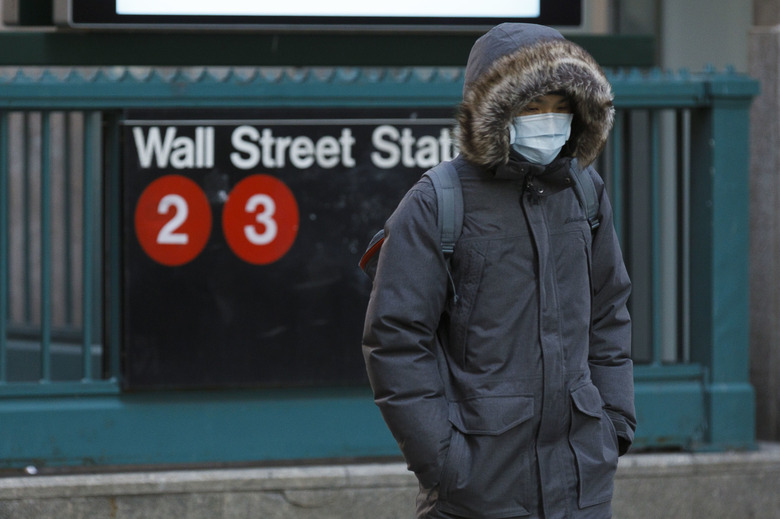Coronavirus Kills Teen Denied Treatment For Not Having Health Insurance
- A 17-year-old boy died of septic shock from COVID-19 complications after being denied care because he didn't have health insurance.
- The teen didn't suffer from any other medical conditions, reports say, but the CDC is investigating the case.
- What is perhaps most puzzling about the case is the boy is no longer counted as a fatality of the novel coronavirus outbreak.
- Visit BGR's homepage for more stories.
If you think that the novel coronavirus only kills old people or patients who already have preexisting health conditions, you should know that there are more exceptions to that supposed rule than some people realize. That's why it is essential to distance yourself from others, in addition to washing your hands often and disinfecting objects and surfaces. You're not just protecting yourself, you're also protecting everyone around you from getting the disease. Because once the virus gets ahold of your lungs, anything can happen, even if you're not seen as an at-risk patient.
Proving that point once again is an unfortunate case from Los Angeles County, a 17-year-old teen who died of COVID-19 after having been denied treatment at the first urgent care clinic he visited because he did not have health insurance.
"He didn't have insurance, so they did not treat him," Lancaster, California mayor Rex Parris said in the following video update on the coronavirus crisis.
The staff at the unnamed medical facility who refused treatment sent the boy and his father to the emergency room at Antelope Valley (AV) Hospital.
"En route to AV Hospital, he went into cardiac arrest, when he got to AV hospital they were able to revive him and keep him alive for about six hours. But by the time he got there, it was too late," the mayor said. Parris also added that the boy is believed to have had no other conditions that might have complicated his COVID-19 case.
"He had been sick for a few days, he had no previous health conditions. On the Friday before he died, he was healthy, he was socializing with his friends," the mayor said. Socializing with friends right now is absolutely not what you should be doing, even if you think you think the novel coronavirus can't harm you.
Yes, scientists have proved that the immune system is strong enough to beat mild to moderate cases, but they have yet to understand why it fails in COVID-19 cases that become critical. Severe cases require oxygen therapy, access to ventilators, or even experimental drugs that might help the body deal with the infection.
Questions remain about the 17-year-old boy who died of "septic shock from complications with COVID-19." That's the initial cause of death, Gizmodo explains. What's puzzling is that the CDC is evaluating the case, which has currently been removed from the official US death toll. How anyone categorizes this teen's death will mean little to his father, who was diagnosed with COVID-19 himself. What matters most in this particular instance is that access to immediate healthcare may have meant the difference between life and death for the boy.
As for accurately reporting COVID-19 cases, that's something no administration should shy away from, whether it's a democracy or not. Hiding the real numbers will not help people on the front line deal with pandemic any better. Scientists working on cures and vaccines need to know precisely how many people are infected, how many people die, and what factors can impact the chances of recovery.
At the time of this writing, there are nearly 86,000 COVID-19 cases in the US and almost 1,300 deaths. America now has the most coronavirus cases in the world, having surpassed Italy and China on Thursday.
